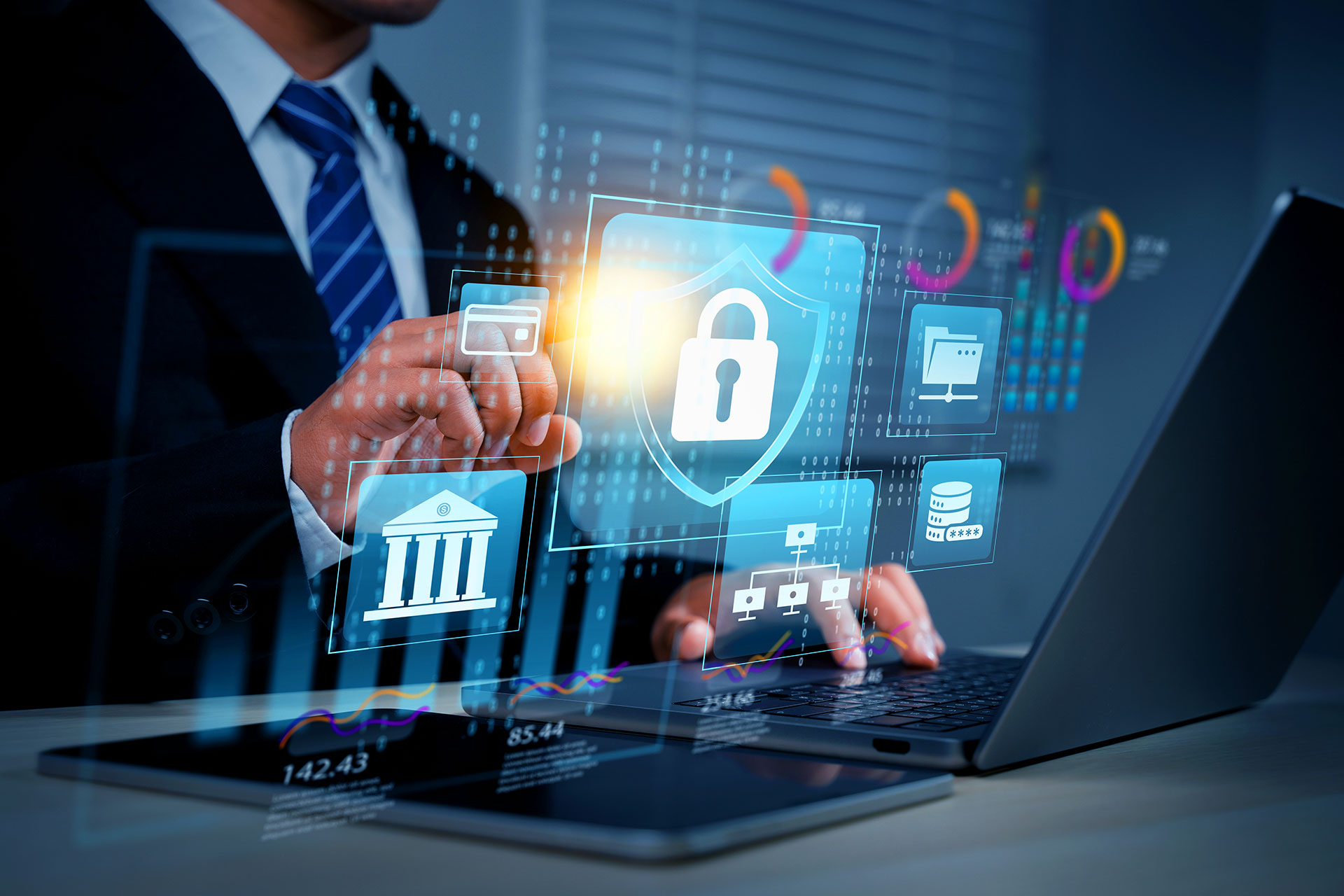There was a time when cybersecurity lived quietly in the background of a business. Install antivirus software, set a few passwords, maybe run an update once in a while, and that was that.But those days are over.Cybersecurity is no longer just a tech issue tucked away in the IT department. It’s at the heart of your business operations, touching your customers, your finances, your communications, and your reputation.
Small Businesses, Big Targets
Cybercriminals aren’t just targeting Fortune 500s. They’re going after small and mid-sized businesses too, because they know most don’t see it coming.Think it couldn’t happen to you?It can. And it does.
- The invoice that looks just like the real one… but isn’t.
- The “client” email with a malicious attachment.
- The team member who clicked a bad link without thinking.
The doors are small. But wide open.
When It Hits, It Hurts
A cyberattack isn’t just a tech disruption; it’s a business crisis. Suddenly, your customer data is exposed. Your systems are locked. Your team is frozen.And your reputation? On the line.It’s not just about dollars lost, it’s about lost trust, lost time, and in some cases, lost businesses.
Your Office Network Isn’t a Fortress
From cloud apps to remote logins, your business now lives online. That’s convenient, but it also expands the attack surface. Every device connected to your network, every laptop, every phone, every smart printer, is a possible entry point.Especially when employees mix work and personal tech without thinking twice.
The Human Element Is the Weakest Link
Let’s face it, most breaches don’t start with some elite hacker. They start with a distracted employee, a reused password, or an email that looked just convincing enough.That’s why firewalls and antivirus software aren’t enough. You need training, awareness, and a culture of security from the ground up.
Cybersecurity Is No Longer Optional
Assuming it’s someone else’s problem is a fast track to disaster. One attack can shut down operations, ruin vendor relationships, and scare off clients.So what can you do? Start here:
- Make cybersecurity part of your culture
- Use strong, unique passwords across all tools
- Set up multi-factor authentication, everywhere
- Keep software up to date
- Regularly back up your data (offsite!)
Conclusion
The truth is, cybersecurity is no longer just about data, it’s about resilience. It’s about how well your business can weather a storm that no one sees coming.There’s no such thing as being too small or too niche to be targeted. Cyberattacks don’t discriminate. They go where the defenses are weakest.So maybe it's time we stop thinking of cybersecurity as someone else's job, or a problem for another day, and start treating it like what it really is: a core part of running a responsible, modern business.
If you’re still treating cybersecurity like a background task, it’s only a matter of time before it hits home!
At KRS IT Consulting, we help businesses get ahead of the threats, before they get personal. Real protection. Real peace of mind. Call 973-657-2356 or click here to secure what matters most.

